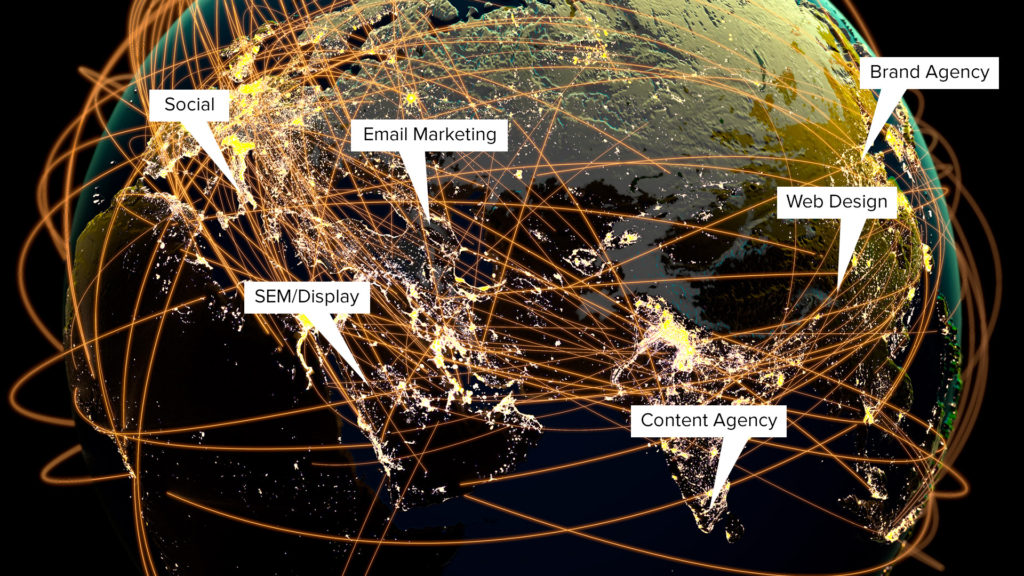Dear {{Firstname; fallback = “Customer=1”}}
We’ve all been there. You’re running through your inbox and you open a special message with a great opportunity or personalised offer especially for you – which turns out to be for something you wouldn’t want in a million years.
And I’m not just talking about Viagra and chances to recover vast fortunes from long lost Nigerian relatives.
Sometimes these are messages from credible companies, brands with whom you probably already have a history, so how did they get it so wrong when they purport to know you so well?
Being able to use personal data in marketing opens up worlds of opportunities to be more relevant to customers and people at all levels respond well to even simple personalisation.
In fact, we’ve reached the point where a level of personalisation is expected and communications can lack credibility without it. But with variable data, smart templates, nurture flows and automation, there is so much more potential than a simple “Hello, Steve”.
We can now produce personalised emails, direct mailers and web experiences with tailored content more quickly and flexibly than ever before.
We can change messaging algorithmically within nurture cycles, based on user interactions in real-time on the web and tie up messaging and experiences over multiple touch points, progressing through purchase and post-purchase cycles to foster lifetime customer relationships.
However, even though it’s become quicker and easier, it doesn’t mean it’s better. It’s also become easier to produce a bad experience for more people, more quickly than ever before.
Making it personal is about more than just data.
Ultimately it comes down to content, and having respect for your audience and their time. Even the seemingly innocuous step of using a person’s name crosses a boundary.
And just because you can personalise down to telling someone when the last time they shopped with you was, it doesn’t mean you should if it’s not going to be a good experience.
I recall receiving an email from an airline the week before a trip overseas with the subject line “Important information about your upcoming flight”.
Fearing that my flight had been rescheduled, cancelled, or a civil war had broken out at my destination, I opened it immediately – only to find that all the airline was trying to do was to sell me insurance, legroom, hotels and car hire at my destination, all of which I’d already declined when buying my tickets.
You suck {{Airline_name}}.
At The Walk you’ll hear us talk about being relevant and generous in your communications and respectful of your recipients. The truth is that using personal data is taking a liberty, and marketers should compensate their audience for their impertinence by always offering something of value.
The airline example shows how they used my name, destination and travel dates to personalise my communication, but the experience delivered no value to me whatsoever.
In marketing, as in life, if you have nothing useful to say, you probably shouldn’t speak at all.
It’s a good game, and everyone can be a winner
Of course, there’s a certain amount of pretense in this kind of targeted marketing, and make no mistake, customers do buy in to a degree.
Everyone knows that the mass marketing emails they receive are sent by a computer, and that “Offers selected just for you!” means they’ve fallen into a particular demographic strata or pattern of purchase.
But the more “personal” it becomes, the more demanding the recipient will be that the communication is relevant and delivers some value.
Let’s imagine that your partner receives a book as a gift from a distant uncle. It’s by an author she’s never read, in a genre she hates, about a topic in which she has no interest whatsoever.
So what, right?
Uncle Tommy always was a little strange, we never see him and who cares anyway? Now let’s say that book was a gift from you…Yikes.
Ultimately, the extent that you use personal data should be a yardstick for how much more effort needs to be put in to developing relevant offers and content.
Like so many things, if you’re going to do personal, make sure you do it well.





Be the first to comment on "What’s in a name? Getting personal in the data game."